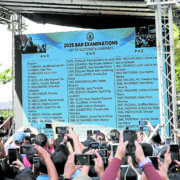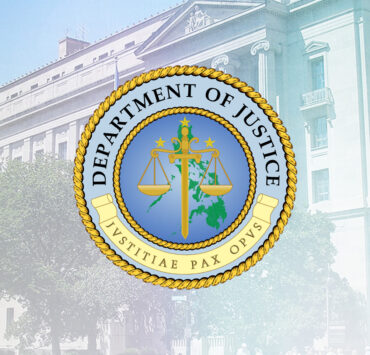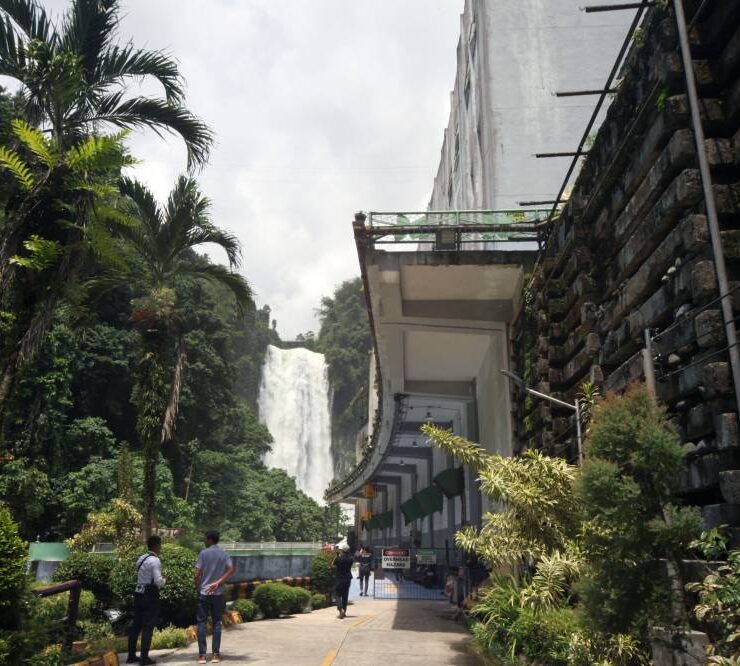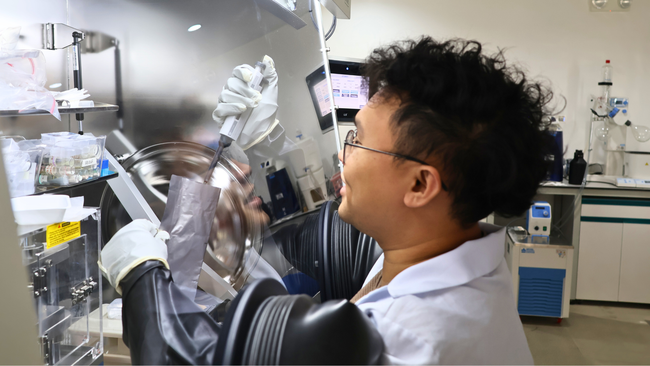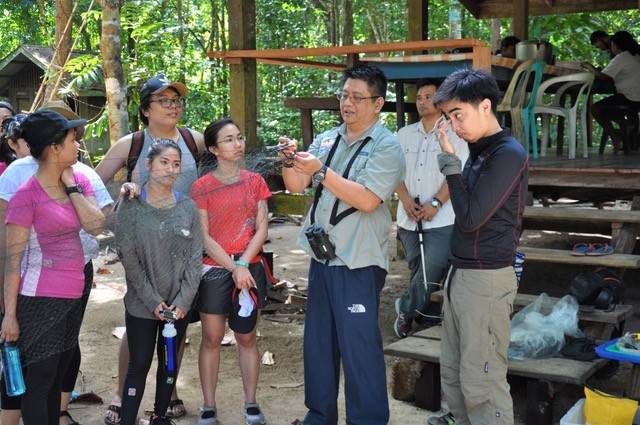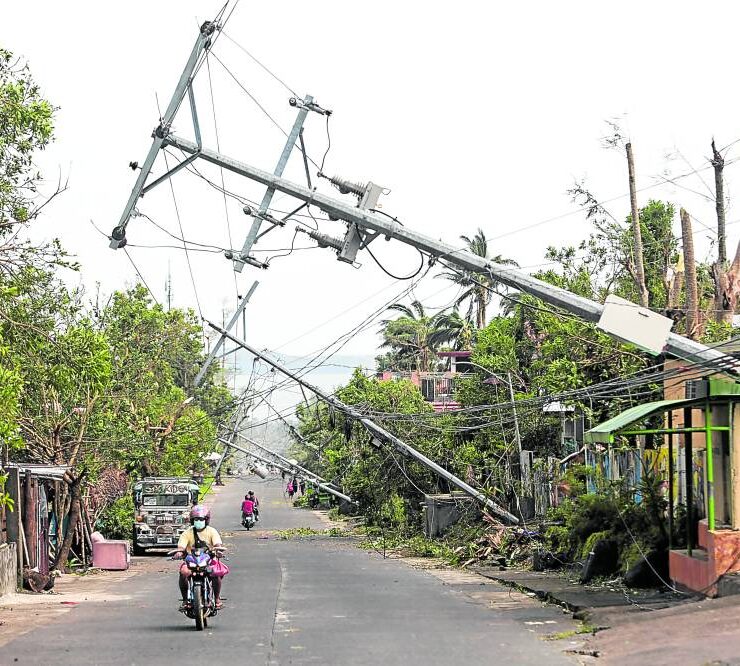Why we need to invest in a green generation
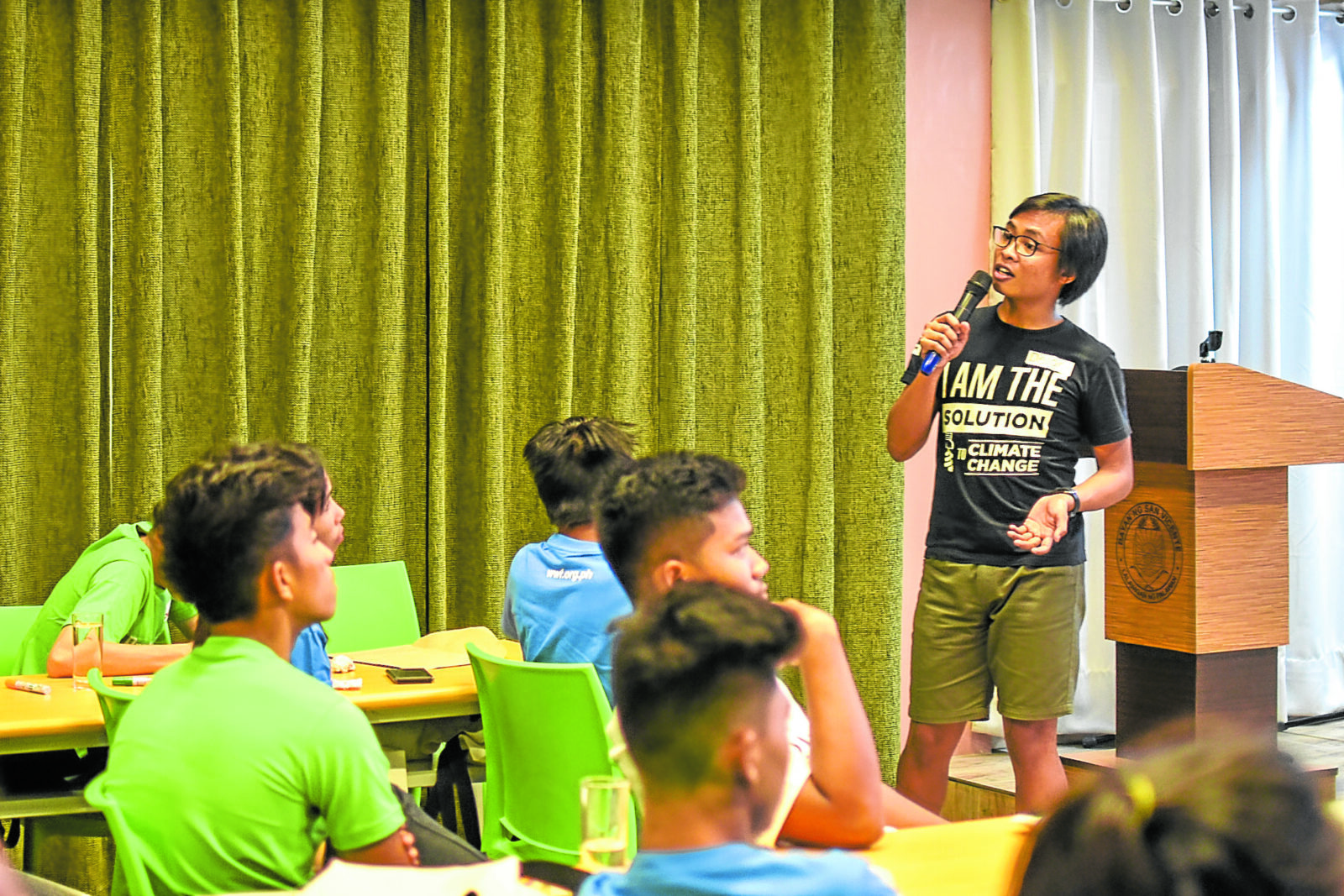
In the Philippines—one of the world’s most climate-vulnerable nations—the ecological crisis is a daily reality. From plastic-choked rivers and degraded forests to intensifying heat and more frequent typhoons, environmental challenges hit hardest for the country’s largest demographic, the youth.
Despite being among the most affected, young people have often been excluded from decision-making processes that shape their future. However, this is beginning to change.
Across the country, young Filipinos are emerging as key drivers of environmental resilience and sustainability. Youth-led groups are restoring mangrove forests, rehabilitating watersheds, protecting biodiversity through citizen science, and promoting renewable energy.
These initiatives are deeply rooted in scientific understanding and community values, drawing on indigenous knowledge and local experience.
From classrooms to coastlines, young people are working not just to raise awareness but to regenerate ecosystems and build more resilient communities. Their efforts are transforming environmental stewardship from a reactive task into a proactive, systems-level approach.
As a youth leader and academic, I have seen how crucial it is to bridge research with real-world action. Understanding ecosystems is important, but applying that knowledge through education, participatory research, and local engagement leads to meaningful change. When the youth are given the space and support to lead, they become powerful stewards of sustainability.
Impactful initiatives
The efforts of young leaders in environmental groups such as Save Philippine Seas and the WWF-Philippines National Youth Council show what is possible when young people are trusted as collaborators. Their work contributes to global efforts such as the United Nations Sustainable Development Goals, particularly Climate Action (SDG 13), Life Below Water (SDG 14), and Life on Land (SDG 15).
The Filipino youth are not waiting for change to happen, they are actively creating it. The participation of young people in protecting our ecosystems and our biodiversity is very much observed on the ground. In Kalinga province, I have worked with fellow early-career scientists and environmental advocates in assessing freshwater ecosystems such as waterfalls and rivers and its connection in providing ecosystem services such as food and water supply.
In another initiative, I organized an environmental education activity with my undergraduate students to teach Grade 1 and 2 pupils of an elementary school in Balaoan, La Union, about marine biodiversity and ecosystem protection. We taught them basic concepts on biodiversity and how certain organisms are important as a source of food and that by protecting these ecosystems and organisms, we ensure that we have a sustainable source of food and livelihood.
Structural obstacles
These little but impactful initiatives help in inculcating environmental responsibility and sustainable lifelong learning even at an early age.
Still, despite the growing momentum, youth-led efforts still face structural obstacles such as limited funding, tokenistic engagement, and the marginalization of vulnerable voices, particularly those from low-income and indigenous communities. Too often, the youth are invited to speak but are excluded from actual decision-making.
To build truly sustainable ecosystems, we must move beyond symbolic inclusion. Institutions and governments need to commit to meaningful youth participation grounded in equity, mutual respect, and shared accountability.
The Filipino youth are educators, advocates, planners, and innovators. What they need is the freedom, tools, and institutional support to lead effectively.
The challenges ahead are significant, but so is the potential of the youth. If we are serious about creating a livable and sustainable future, we must stop viewing young people as future leaders and start treating them as equal partners today, because the future we are building is not only theirs. It belongs to all of us.













